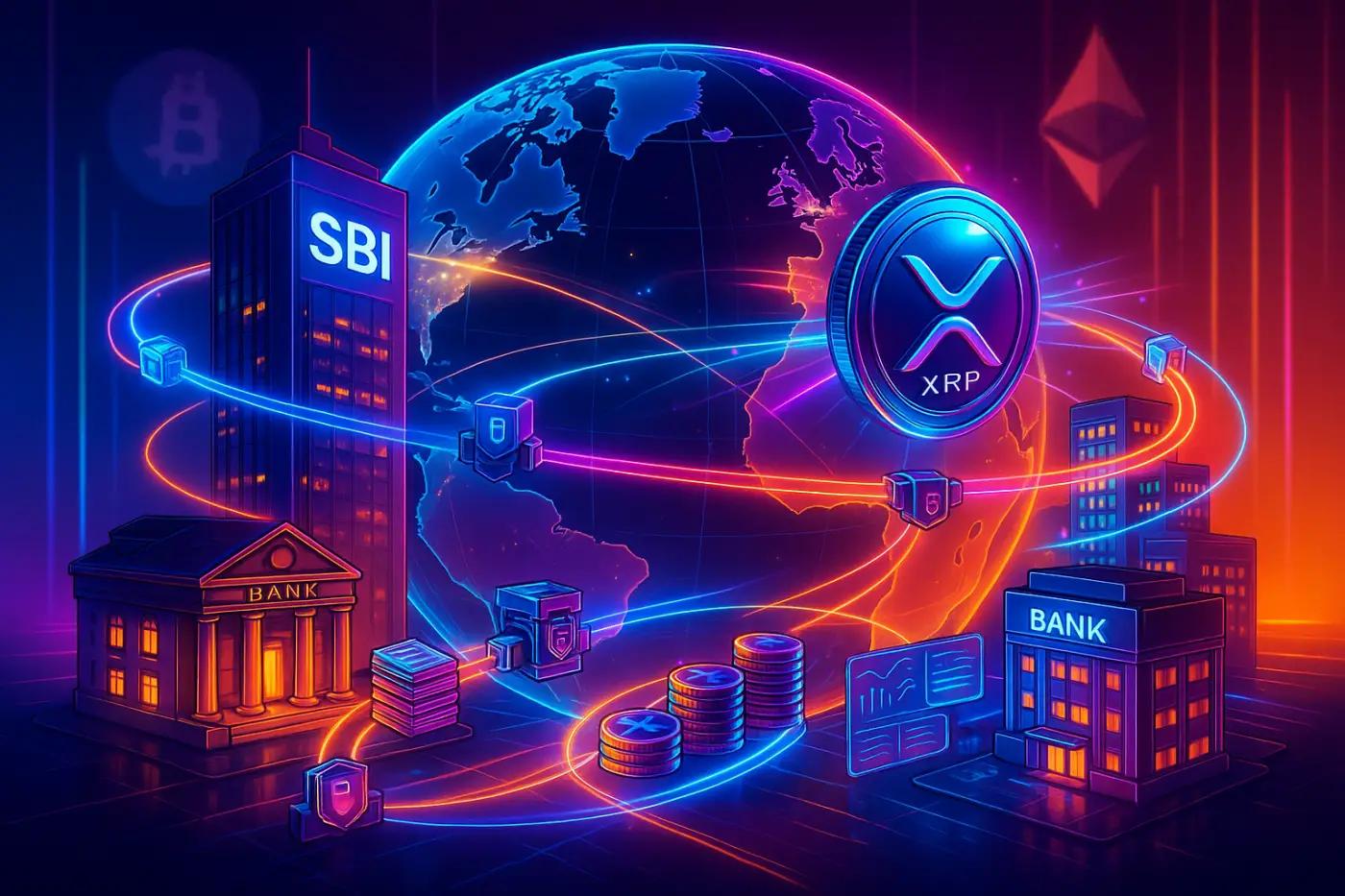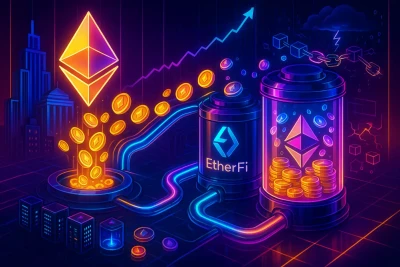SBI CEO Boosts XRP’s Global Role in Wealth Transfer
SBI Holdings’ President and CEO Tomoya Asakura has framed XRP as a generational mechanism for shifting wealth across borders, reinforcing the firm’s long-standing institutional support for the digital asset.
Asakura highlighted XRP’s practical role in cross-border settlement and remittance services, saying the token’s speed and integration make it a working tool inside SBI’s financial ecosystem rather than merely a speculative instrument.
“The token’s speed and integration make it a working tool inside SBI’s financial ecosystem rather than merely a speculative instrument.”
SBI has incorporated XRP into multiple platforms, using the token’s fast transaction capabilities to streamline settlement and remittance flows. That real-world adoption, the company argues, differentiates XRP from other blockchain projects that remain largely focused on technical development and framework-building. By embedding XRP into payment rails and financial services, SBI is positioning the asset as a core element in the future of global payments and wealth-transfer infrastructure.
The statement underscores broader industry dynamics: while Bitcoin and Ethereum continue to dominate headlines and DeFi innovation drives new on-chain services, established financial players are increasingly evaluating digital assets for practical payment use cases. SBI’s push for XRP highlights how some institutional actors prioritize transaction throughput, cost efficiency and regulatory alignment when choosing blockchain solutions for remittances and cross-border settlement.
- Regulatory scrutiny remains a barrier to broader adoption.
- Interoperability challenges with legacy systems complicate integration.
- Competition from other crypto and fintech projects is intensifying.
Still, SBI’s continued alignment with XRP and its deployment inside live services mark a notable step toward integrating tokenized settlement tools into mainstream finance — a trend that will influence how institutions evaluate crypto, DeFi and blockchain options going forward.





